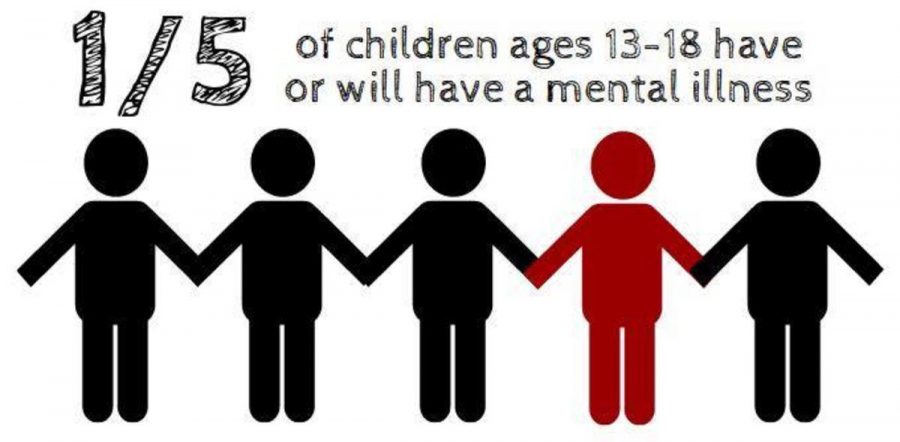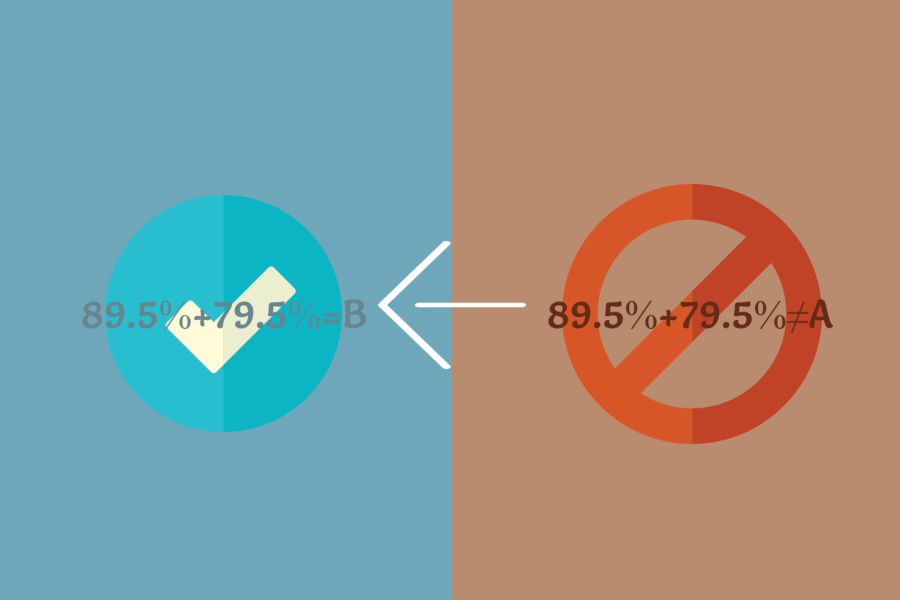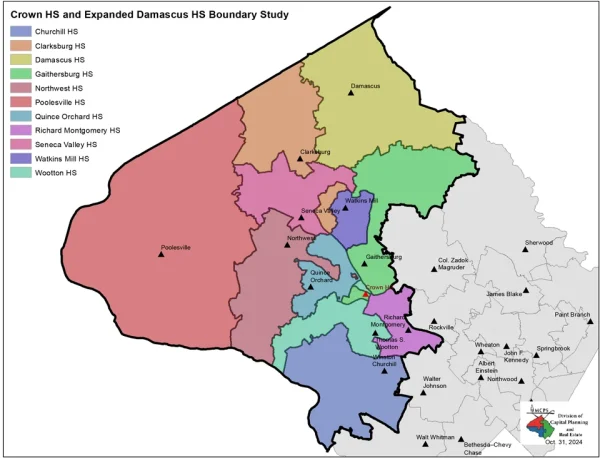Instagram feature allows users to report mental health warning signs
November 2, 2016
Sometimes a friend’s moody posts on social media are cause for concern; now a recent study may confirm those concerns. Harvard University and University of Vermont researchers developed a computer algorithm that predicts which Instagram users have depression based on the color, brightness and saturation of their posts. Thanks to a new Instagram feature, users worried about their friends can reach out.
In response to the growing prevalence of mental illness, Instagram updated its reporting policies in October: users can anonymously flag a post when they think someone is struggling with mental health.
The person whose post is flagged receives a message from Instagram that reads, “Someone saw one of your posts and thinks you might be going through a difficult time. If you need support, we’d like to help.” The app then follows up with the options of talking to a friend or calling a local helpline, also providing information on where to find tips and support.
“It’s definitely a good way for students to support their peers, especially if they’re uncomfortable confronting them,” counselor Angela Fang said.
Instagram worked with the National Eating Disorders Association and the National Suicide Prevention Lifeline to ensure they used the right language for the messages.
Suicide is the second leading cause of death for young people of ages 15 to 24, though it’s the 10th cause nationwide, according to the CDC and the American Association of Suicidology.
Psychologist Judith Amick confirms noticing this trend in high schools.
“I’m seeing many more high school kids with mental health issues, especially serious ones, that impact their education,” she said.
This is one of Instagram’s many attempts to address mental health. If someone searches hashtags like self-harm, thigh gap or thinspiration, support options will pop up. Users can also filter comments containing keywords that are frequently flagged as offensive, or turn off the option to comment altogether.
Although the flag was implemented with good intentions, some students and staff are doubtful about its effectiveness.
“If someone is going through a really difficult time, they probably won’t want to take advice from a random app,” junior Isabella Lorence said. “It’s a nice gesture, but I don’t think it’ll be that effective.”
Fang also voiced hesitations on how beneficial the support options will be.
“It’s good that the person knows there’s someone looking out for them, but I don’t know how likely a person is to act on it,” she said. “There’s no accountability.”
Still, by simply acknowledging these issues and attempting to help, Instagram can be part of a culture shift that treats mental illness with empathy.
“We understand friends and family often want to offer support but don’t know how best to reach out,” Instagram chief operating officer Marne Levine told Seventeen Magazine. “These tools are designed to let you know that you are surrounded by a community that cares about you, at a moment when you might most need that reminder.”











